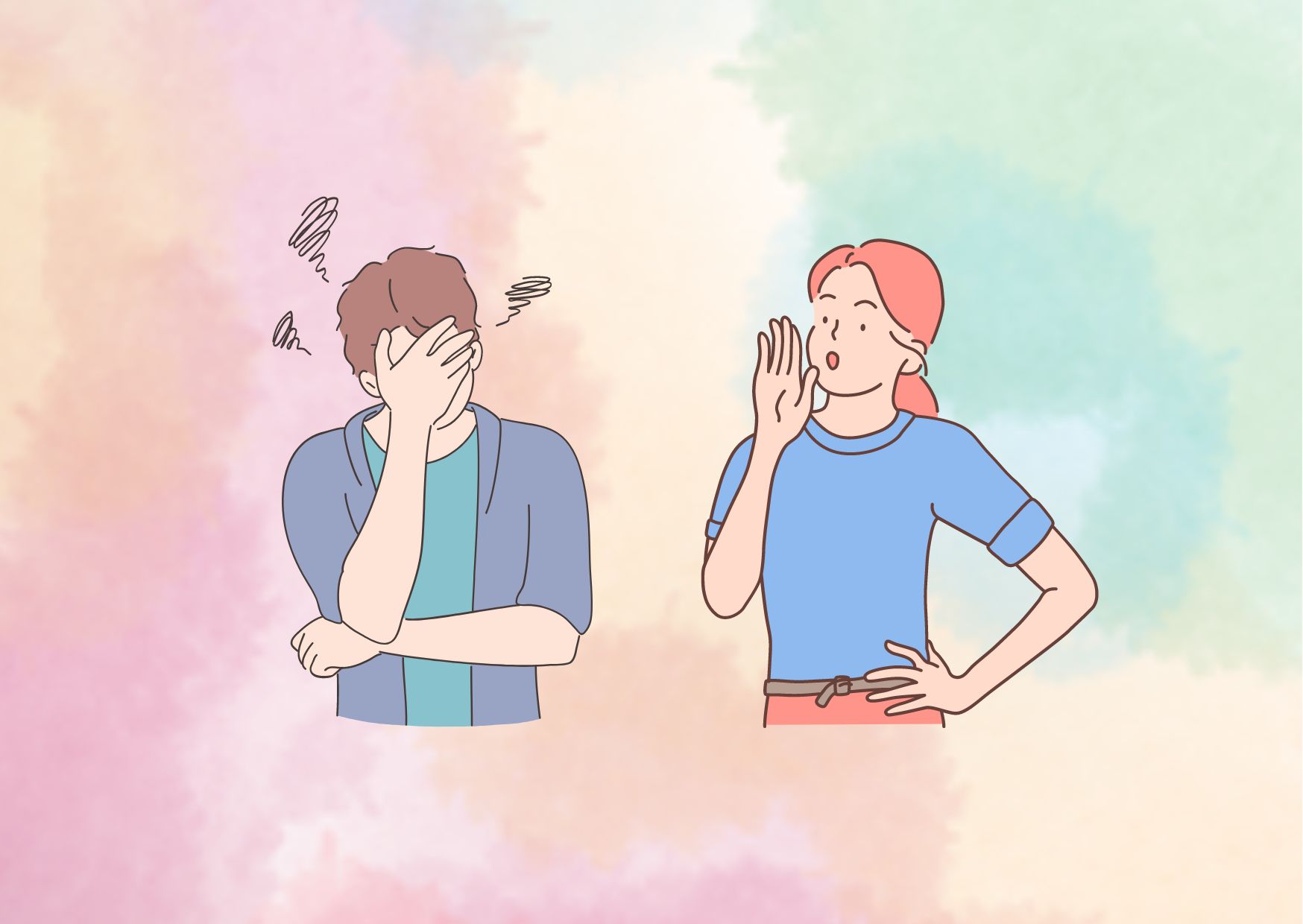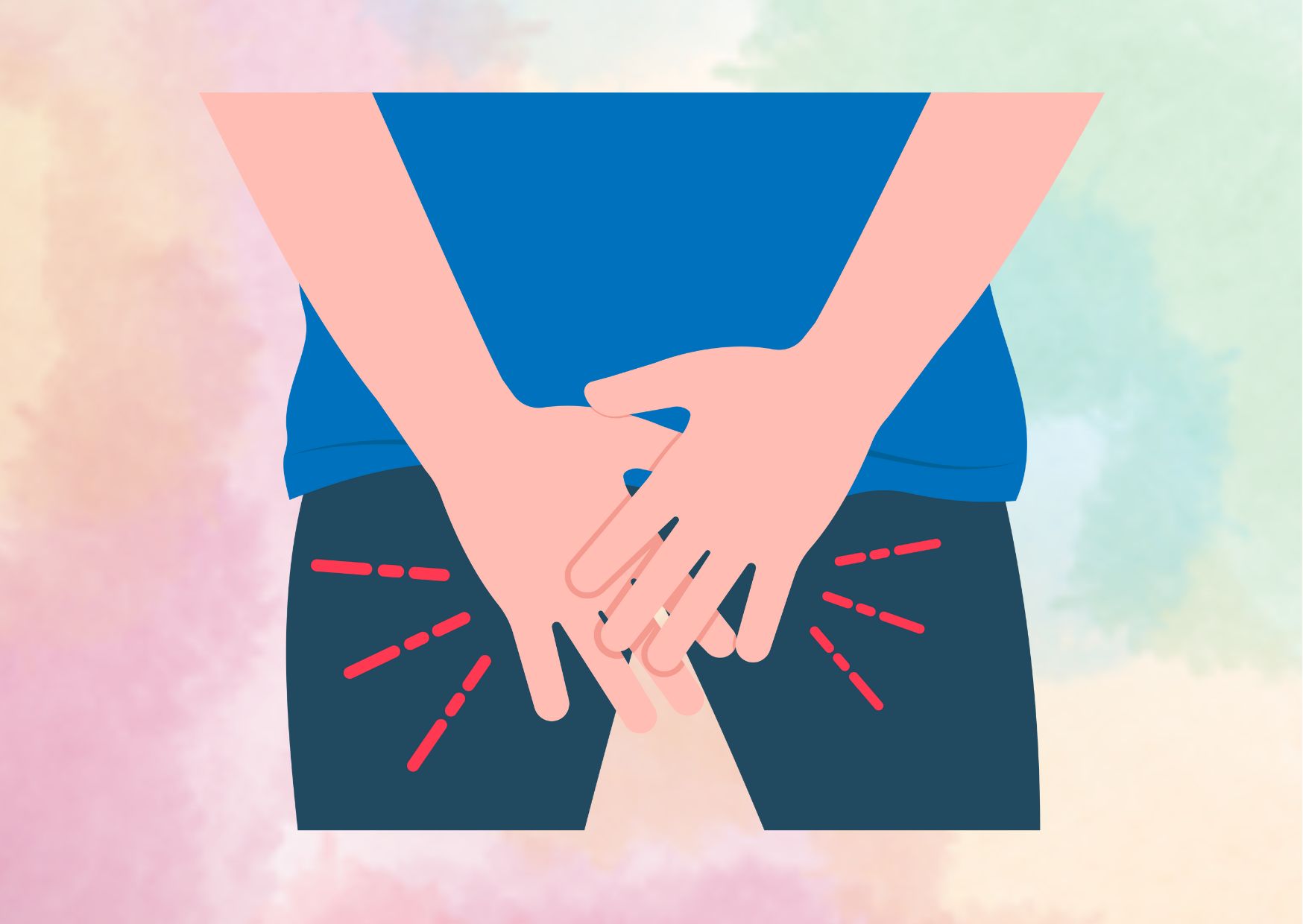How to Overcome Sexual Performance Anxiety: Tips and Strategies
Sexual performance anxiety is a common issue that affects many individuals, causing distress and impacting intimate relationships. This psychological challenge can lead to difficulties in sexual functioning, eroding self-confidence and overall well-being. Understanding the nature of sexual performance anxiety and its effects on both men and women is crucial to address this widespread concern effectively.
This article explores various aspects of sexual performance anxiety, including its root causes and symptoms. It offers practical strategies to overcome this issue, ranging from self-help techniques to professional treatment options. Readers will gain insights into meditation, hypnosis, and medication approaches, as well as learn about specific considerations for male and female sexual performance anxiety. By addressing this topic comprehensively, individuals can find the tools and knowledge to improve their sexual experiences and overall quality of life.
Understanding Sexual Performance Anxiety
Sexual performance anxiety is a common issue that affects many individuals, causing distress and impacting intimate relationships. It involves feelings of worry, stress, and self-doubt about one’s ability to perform sexually, which can lead to physical and emotional challenges during sexual encounters.
Definition and prevalence
Sexual performance anxiety refers to the psychological and emotional stress experienced by individuals regarding their sexual abilities. This anxiety can disrupt the usual sexual response cycles of a couple and affect both physical and emotional aspects of sexual arousal and participation.
Recent studies have shown that sexual performance anxiety is more prevalent than many people realize. In the UK alone, approximately 11.7 million men reported struggling with sex, with one in eight experiencing problems every time. Impotence rates have doubled over the past 25 years, with up to half of men under the age of 50 suffering from erectile dysfunction.
Common symptoms
Sexual performance anxiety can manifest in various ways, affecting both men and women. Some common symptoms include:
- Erectile dysfunction in men
- Difficulty getting aroused or lubricated in women
- Premature ejaculation
- Inability to reach orgasm
- Lack of interest in sex
These symptoms can create a cycle of troubles, where anxiety about performance leads to physical difficulties, which in turn increases anxiety. This cycle can have a significant impact on an individual’s self-esteem, relationships, and overall well-being.
Psychological vs. physical causes
While sexual performance anxiety can have physical manifestations, it often has psychological roots. Some common psychological causes include:
- Fear of not satisfying a partner
- Poor body image
- Relationship problems
- Concerns about penis size or sexual adequacy
- Worry about ejaculating too early or taking too long to reach orgasm
These psychological factors can lead to the release of stress hormones like epinephrine and norepinephrine, which can narrow blood vessels and make it more difficult to achieve or maintain an erection.
Physical causes can also contribute to sexual performance anxiety. These may include:
- Hormonal imbalances
- Neurological factors
- Blood circulation issues
It’s important to note that sexual performance anxiety can be both a cause and a result of physical sexual problems. For example, anxiety can lead to erectile dysfunction, which can then increase anxiety about future sexual encounters.
Understanding the interplay between psychological and physical factors is crucial in addressing sexual performance anxiety effectively. By recognizing the complex nature of this issue, individuals can take steps to manage their anxiety and improve their sexual experiences.
Identifying Root Causes
Sexual performance anxiety stems from various factors that can significantly impact an individual’s sexual experiences and overall well-being. Understanding these root causes is crucial to addressing and overcoming this common issue.
Self-esteem and body image issues
Self-esteem plays a vital role in sexual experiences. Low self-esteem can strip away the joy from intimate encounters and make individuals feel unworthy of love and affection. Body image concerns, such as worries about weight, age, or skin color, can lead to self-consciousness during sexual activities. This preoccupation with appearance may cause individuals to:
- Avoid initiating or responding to sexual advances
- Demand specific conditions for intimacy (e.g., lights off, under covers)
- Focus excessively on perceived flaws during intimate moments
These behaviors can significantly impact the quality of sexual experiences and contribute to performance anxiety.
Relationship problems
Issues within a relationship can have a profound effect on sexual performance and anxiety. Poor communication, lack of trust, or unresolved conflicts may lead to:
- Difficulty in feeling comfortable with a partner
- Fear of intimacy and vulnerability
- Concerns about meeting a partner’s expectations
When relationship problems persist, they can create a cycle of anxiety and sexual difficulties, further exacerbating performance issues.
Past negative experiences
Traumatic events and negative experiences from the past can have lasting effects on an individual’s sexual well-being. These may include:

